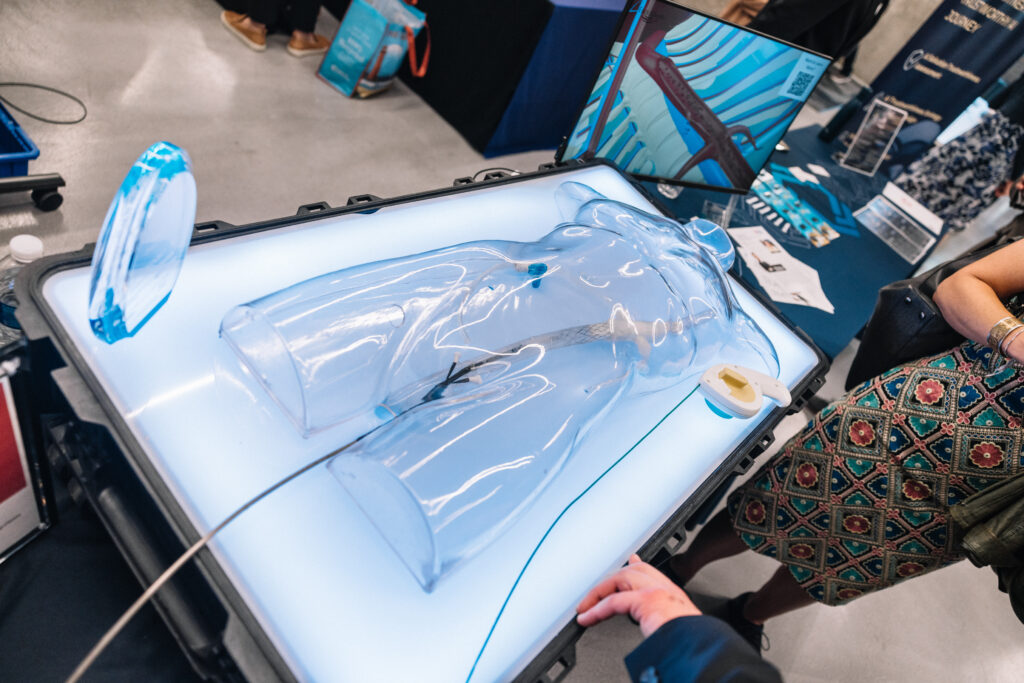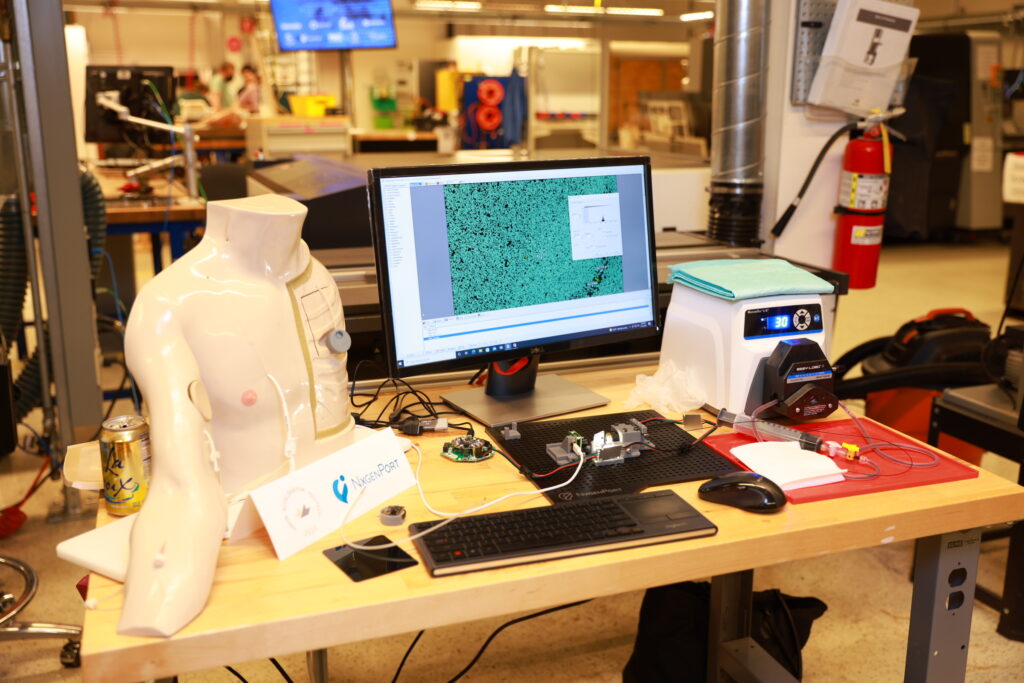
Revolutionizing Healthcare with Value-Based Care
When I started out as a cardiac device rep, the most expensive implant was often considered the best because of its numerous features and added complexity. By the time I left, most hospitals had developed value analysis committees, and we were required to demonstrate the tangible benefits of each feature rather than rely on price alone. This experience opened my eyes to the shift happening in healthcare towards value-based care. Value-Based Care (VBC) is the financial model transforming the healthcare landscape by prioritizing patient outcomes over a one-size-fits-all transaction system.
The idea is simple – instead of physicians getting reimbursed per visit or procedure (“fee for service”), clinicians are incentivized to provide the best care for the individual patient to ensure care is personalized, proactive, and effective. Healthcare providers are rewarded for delivering high-quality care, ideally reducing unnecessary procedures and time within a health system, paving the way for a more sustainable healthcare system.
There are numerous examples of how this has been actualized – healthcare providers coordinating care to avoid a patient coming multiple times for bloodwork, disease management programs, and most of all focusing on preventative treatment where possible to avoid disease progression. Today at mHUB, in my role leading its MedTech startup accelerator, I’m charged with identifying and nurturing novel devices that can succeed in a VBC environment, leading to better patient outcomes and lower healthcare costs overall.
The Need for MedTech Innovation in a Transition to VBC
Value-Based Care encourages the adoption of new technologies that can deliver superior health outcomes. On a daily basis, I see first-hand how founders and health systems alike are starting to think differently about care delivery both remotely and in traditional care centers. Here are some areas that are ripe for innovation and examples of aligned technologies that have come through the mHUB accelerator and received investment through mHUB Ventures:
Efficient Resource Utilization
Tools used during surgical procedures reduce complications and recovery times, optimizing the use of healthcare resources. Devices that enhance precision and efficiency may improve recovery time for patients, leading to an earlier discharge or reduced length of stay in the hospital.
mHUB portfolio company EndoShunt helps trauma surgeons manage hemorrhages more effectively, reducing complications during surgery and minimizing recovery times. This directly supports value-based care by ensuring faster recoveries, reducing hospital stays, and optimizing the use of healthcare resources, all while improving patient survival rates

Enhanced Diagnostics
Advanced diagnostic tools powered by artificial intelligence and machine learning can detect diseases earlier and with greater accuracy. These innovations enable timely interventions, leading to improved patient prognoses.
Vasowatch, an mHUB portfolio company, is developing a proprietary algorithm to continuously monitor a mother’s postpartum hemorrhage risk during labor and delivery. By preventing postpartum hemorrhage, this platform not only saves lives, but also reduces costly emergency interventions, directly supporting value-based care.
Personalized Treatment Plans
Wearable devices and remote monitoring systems provide continuous health data, allowing for highly personalized and responsive treatment plans. These technologies can improve patient adherence and outcomes by offering real-time insights into health conditions for clinicians.
Hyivy Health, which has received follow-in investment from mHUB Ventures, created the first holistic device that treats, monitors, tracks, and prevents various pelvic symptoms that 1 in 3 women experience in their lifetime. This approach improves patient outcomes and reduces long-term healthcare costs, reinforcing the value-based care focus on proactive, customized care that reduces the need for more expensive treatments later.
Data-Driven Decision Making
Integrated health information systems facilitate data sharing and analytics, empowering healthcare providers to make evidence-based decisions. With access to comprehensive data, clinicians can craft treatment strategies that are both effective and economical, thereby improving overall patient care.
NXgenPort, one of mHUB Venture’s first MedTech investments, provides real-time physiological data for patients undergoing chemotherapy. By offering continuous, in vivo monitoring, it helps clinicians make informed, evidence-based treatment decisions, preventing complications and personalizing care—all key to reducing costs and improving outcomes in a value-based care framework.

Commitment to Advancing MedTech
As seen in the startup examples above, new, novel healthcare solutions are responding to and prioritizing a shift towards Value Based Care. It’s the job of early-stage innovators and funders to look into the future and predict where the market is going. This takes diverse perspective and insights from across the entire healthcare system.
The reality of implementing VBC is rooted in collaboration – payers, providers, and healthcare innovators must move to a standard of leveraging real world evidence by collecting data from ongoing procedures to evaluate device performance with respect to overall hospital spend. mHUB is committed to accelerating the development of medical technologies that improve healthcare outcomes, reduce the cost of care, and make advanced treatments more accessible to ensure value-based care can become a reality.
mHUB will launch the next cohort of its MedTech program later this year. If you want to learn more about how to be considered or engage as a mentor of healthcare professional, you can visit: mHUB MedTech Accelerator.







